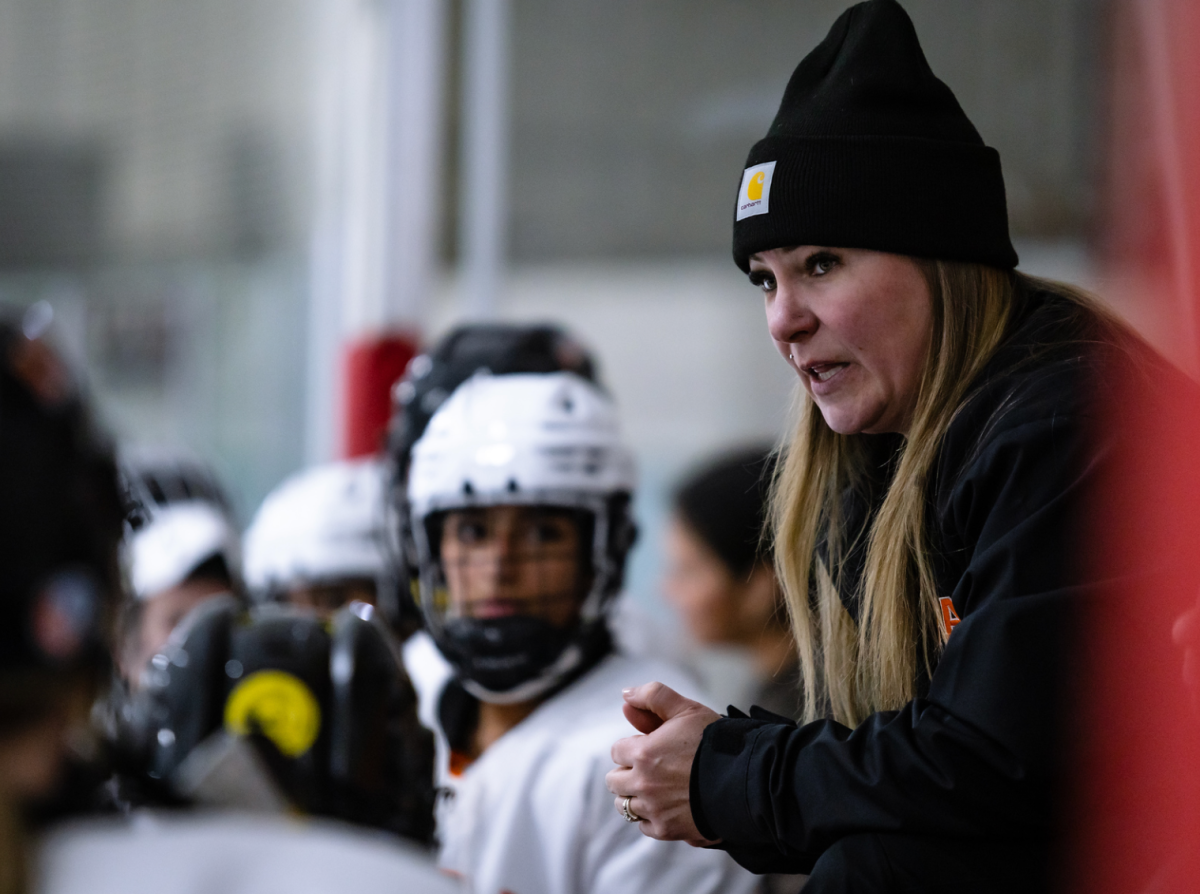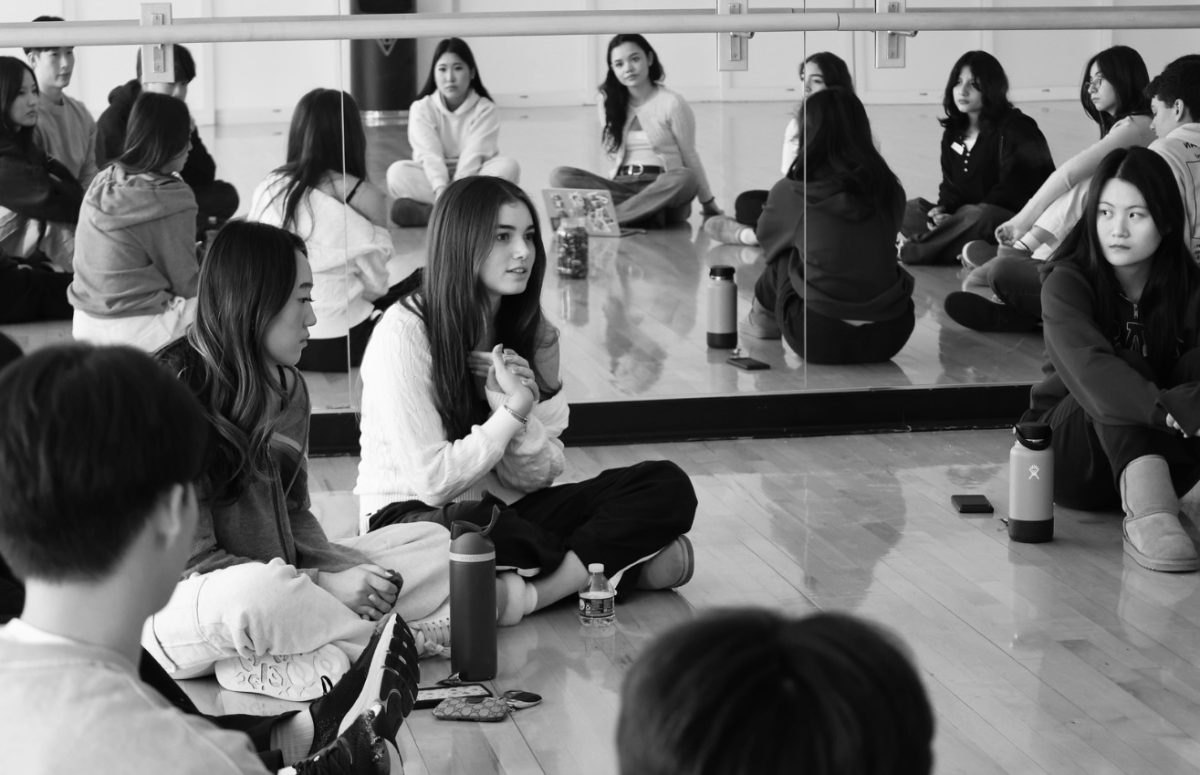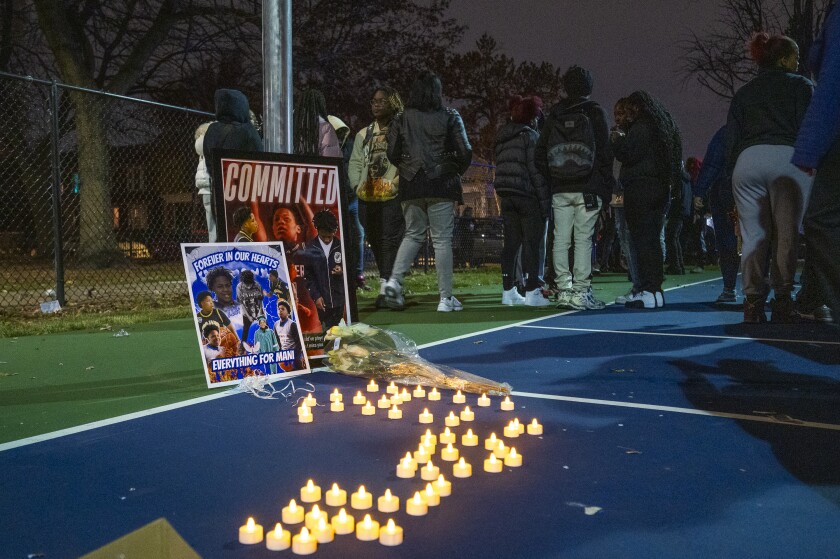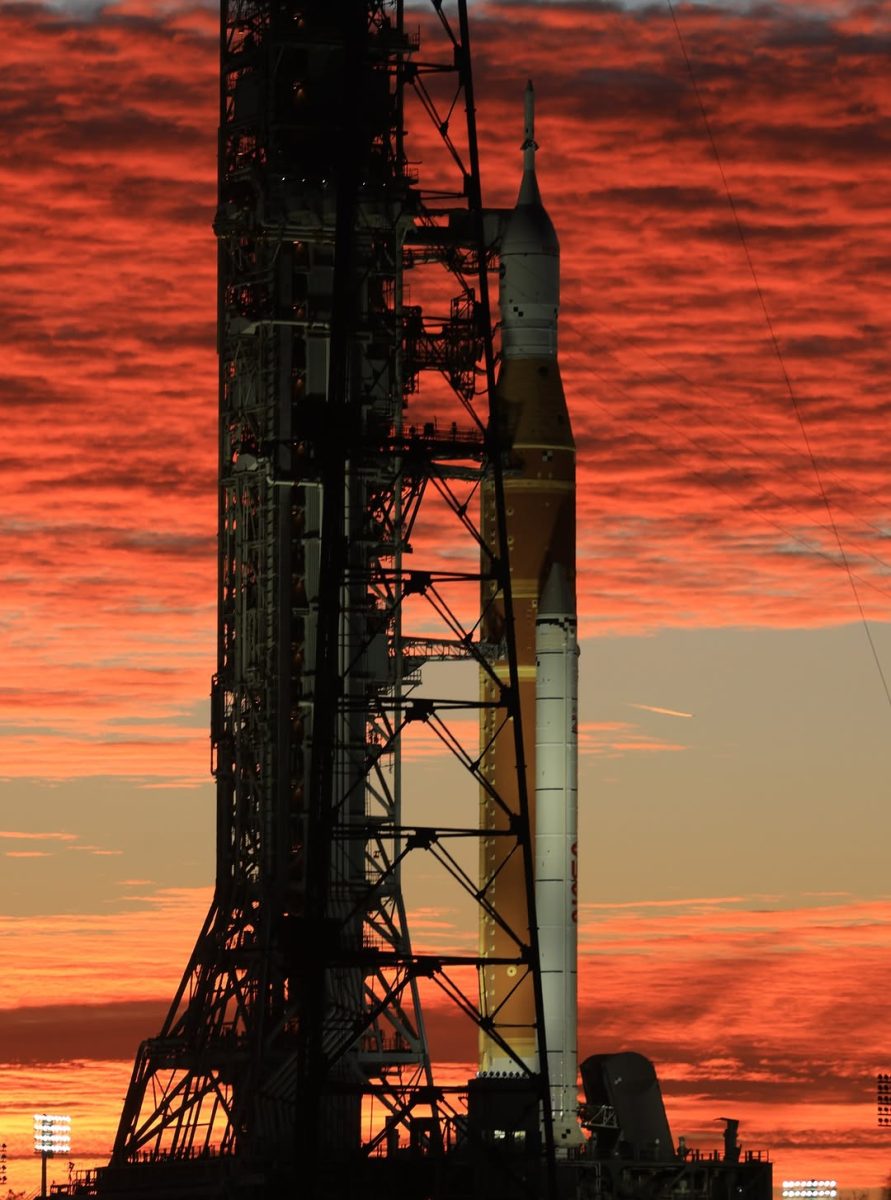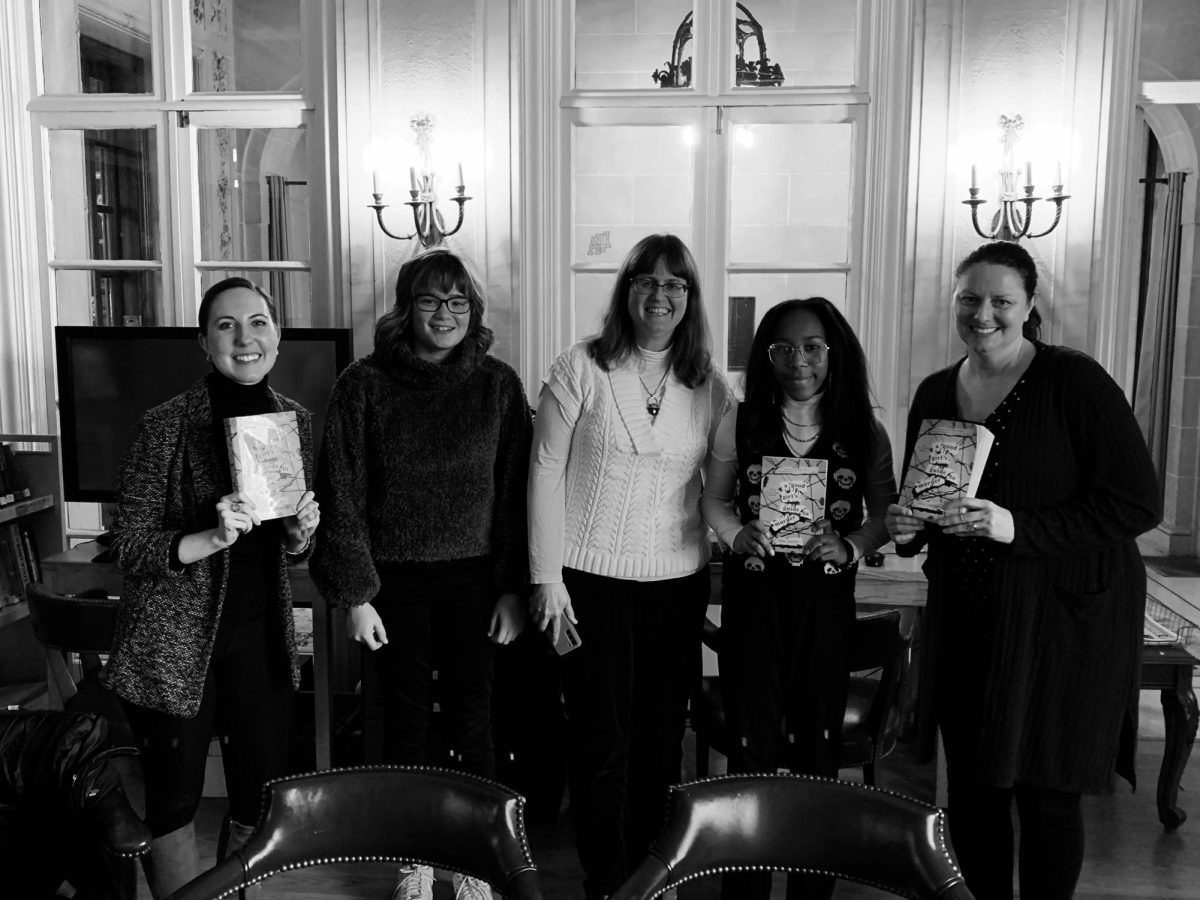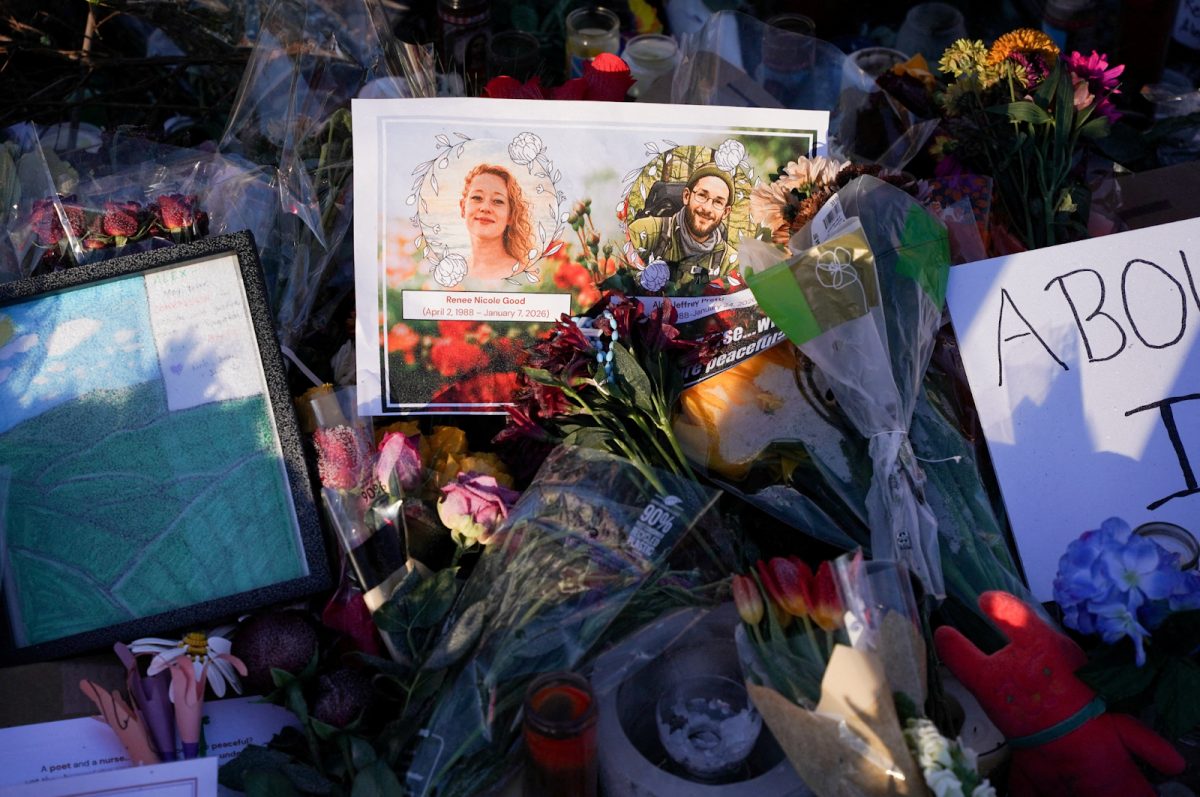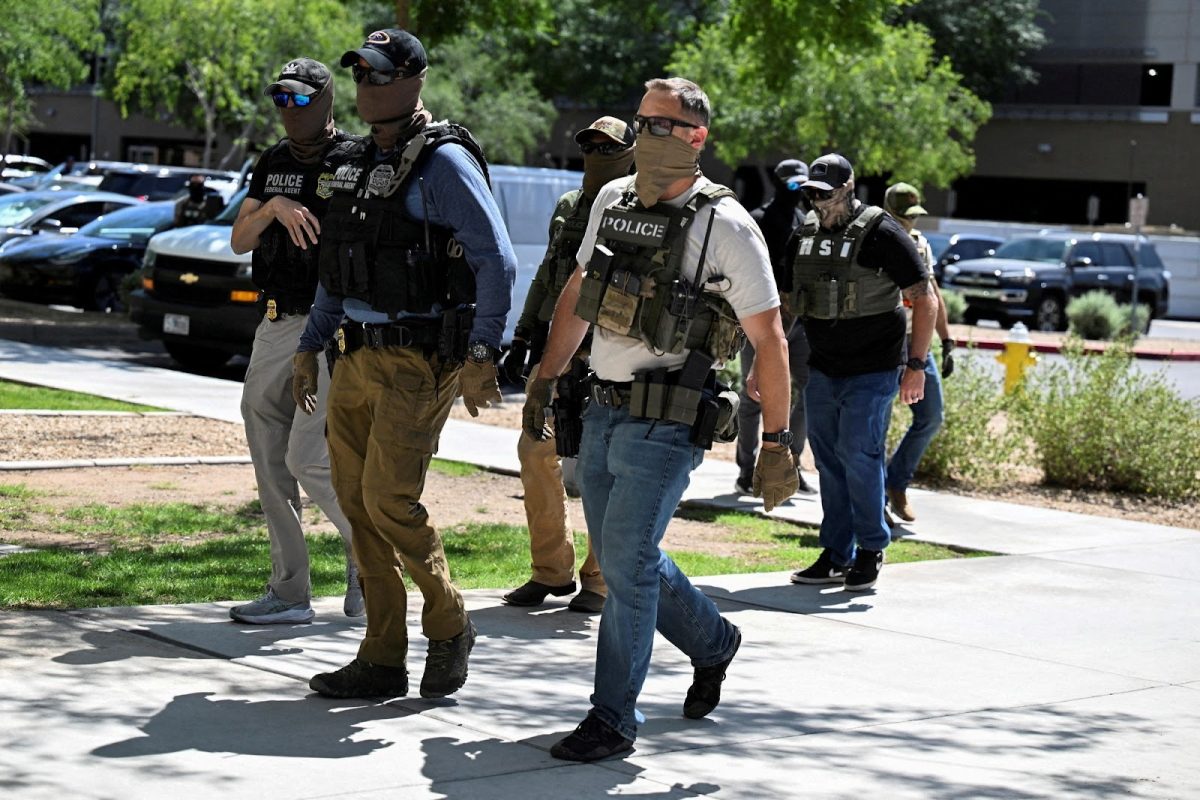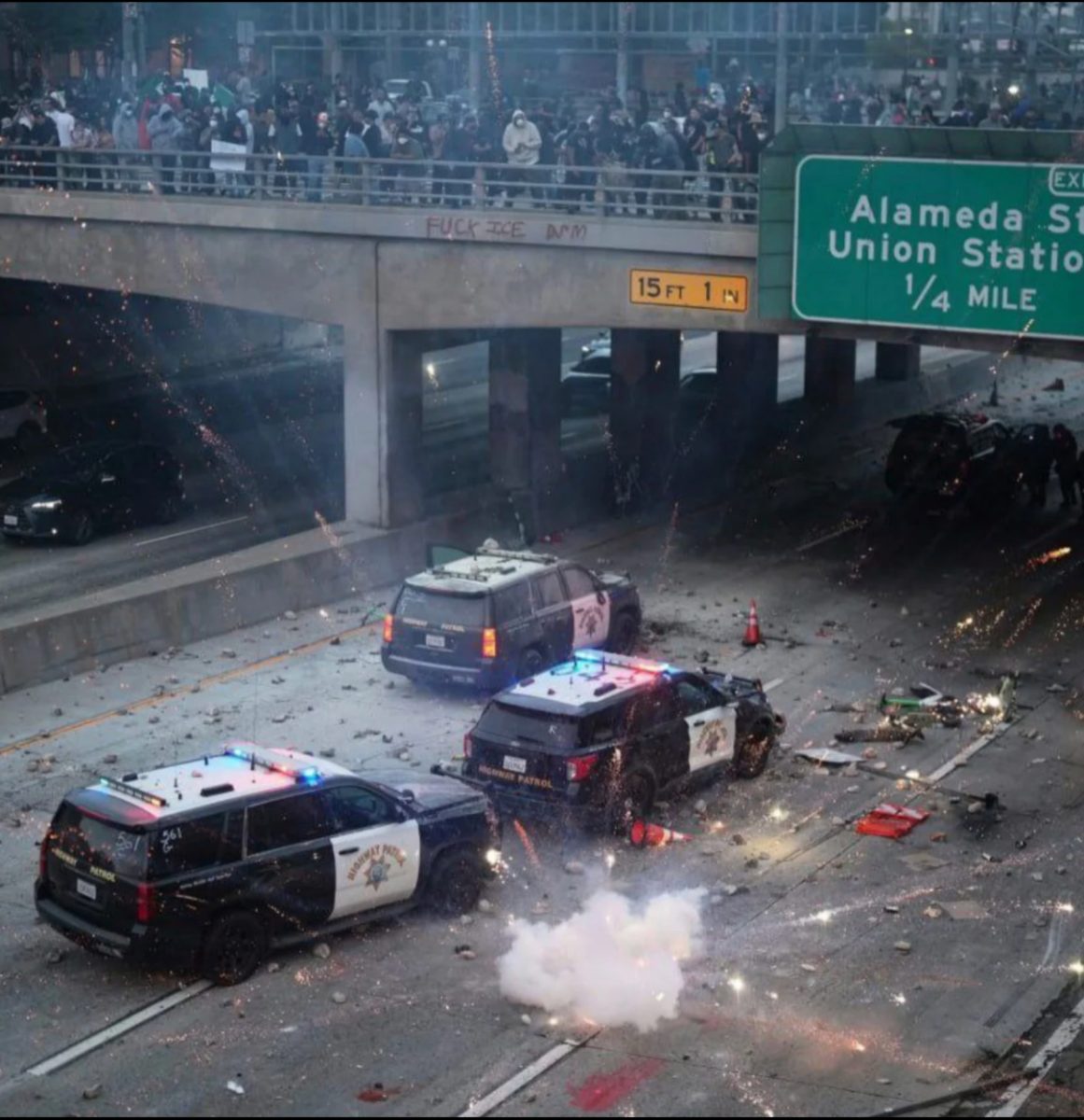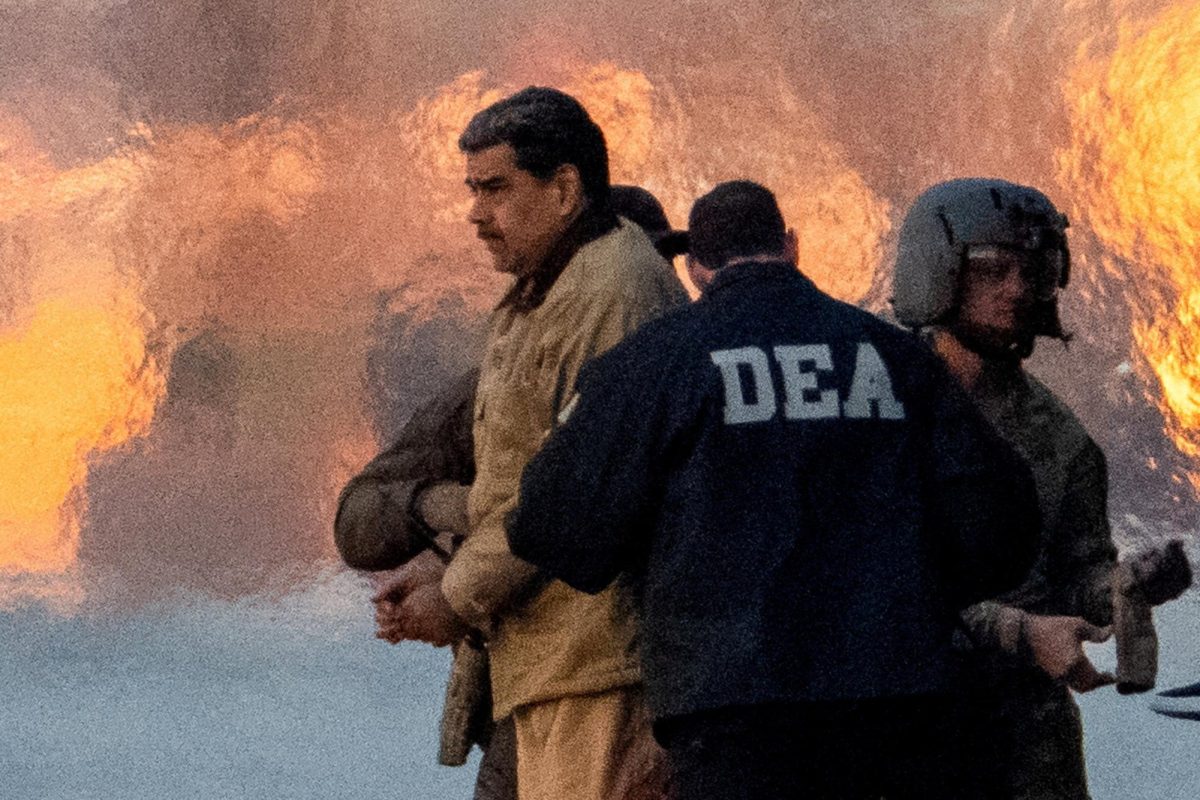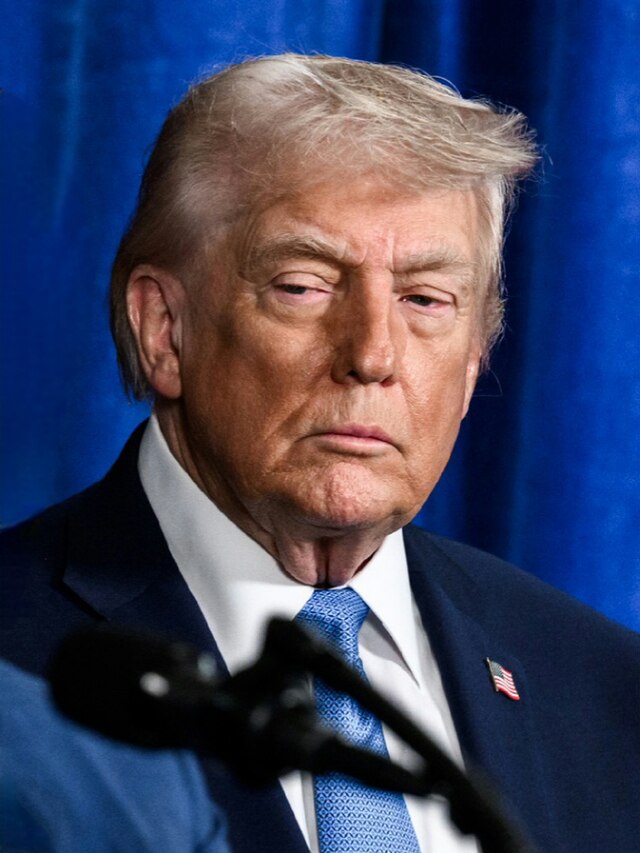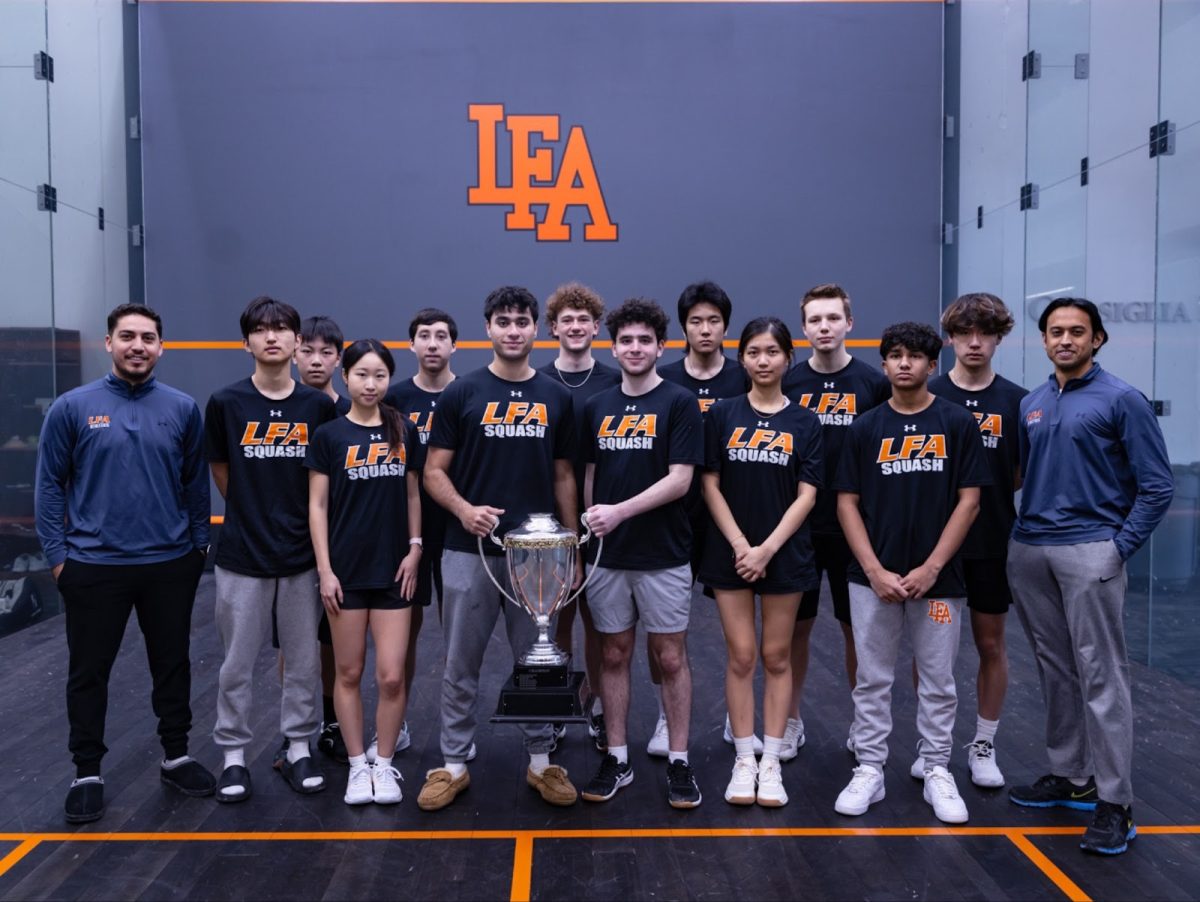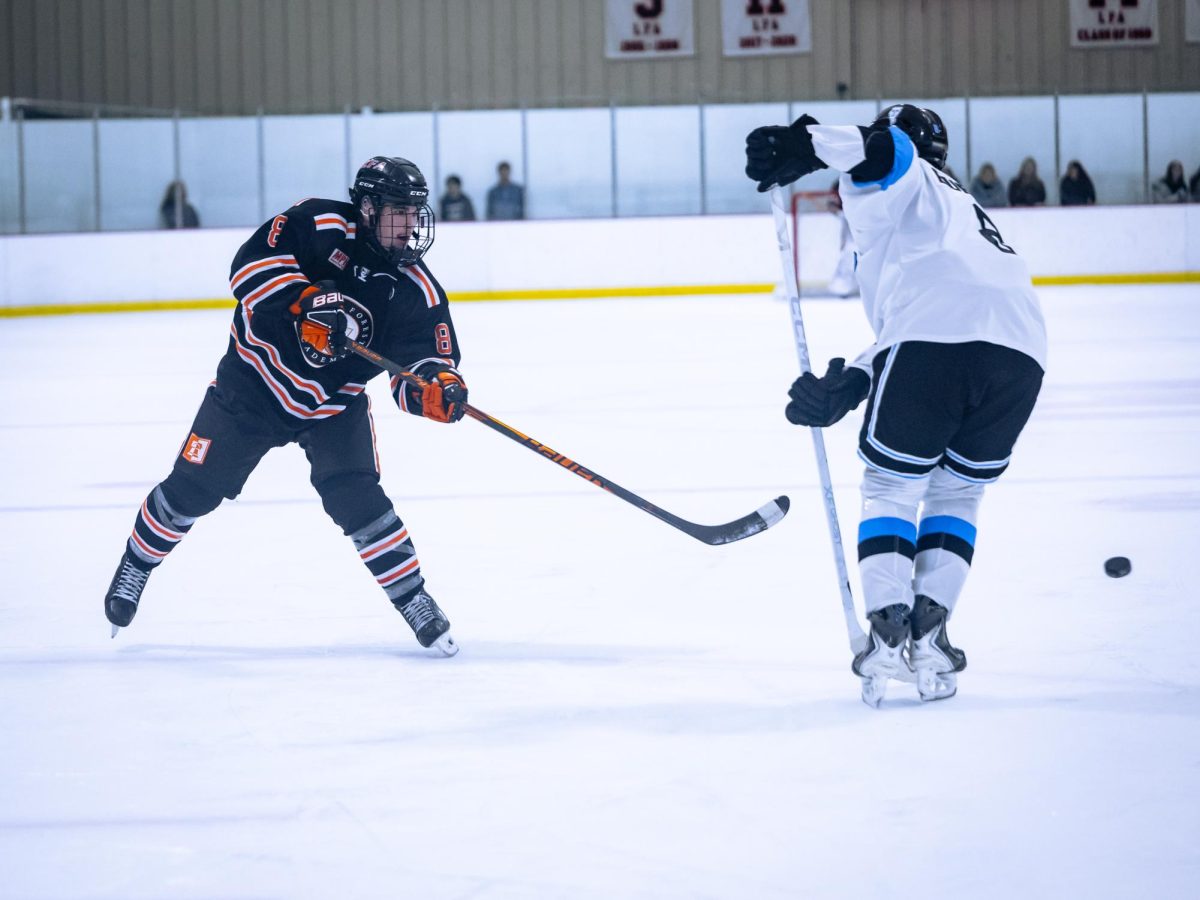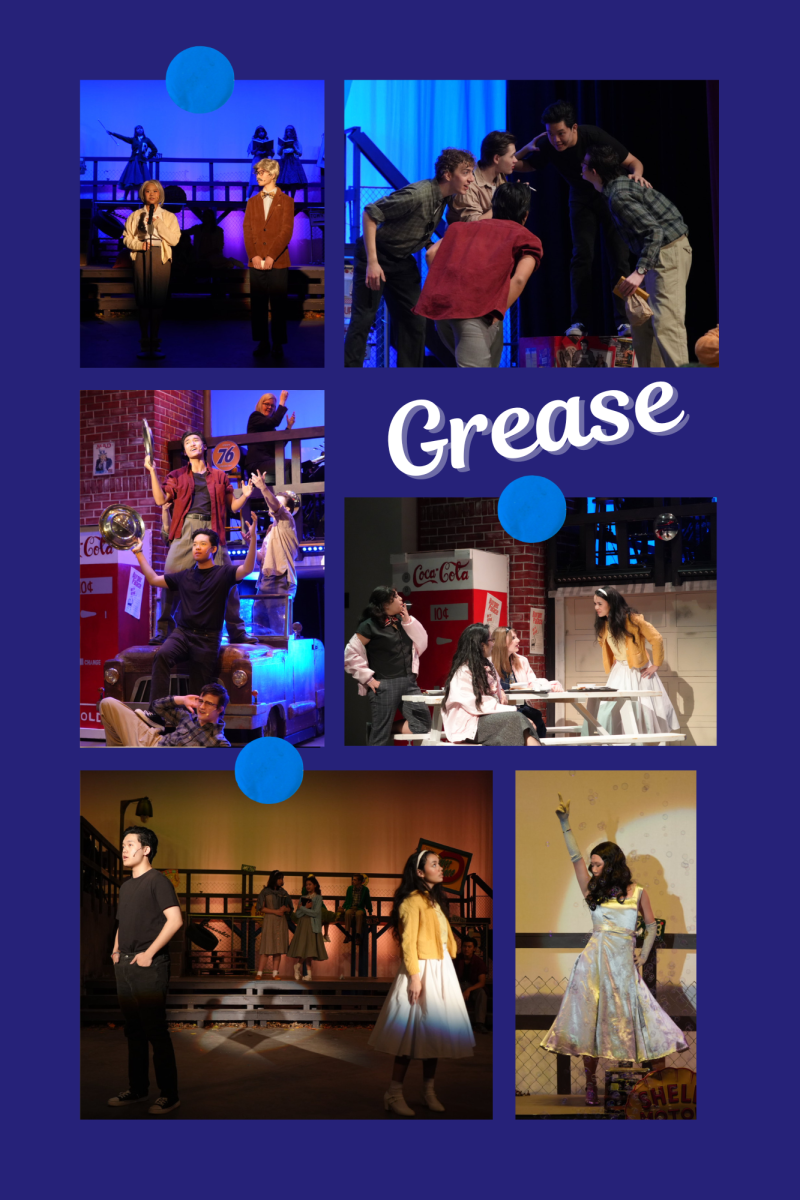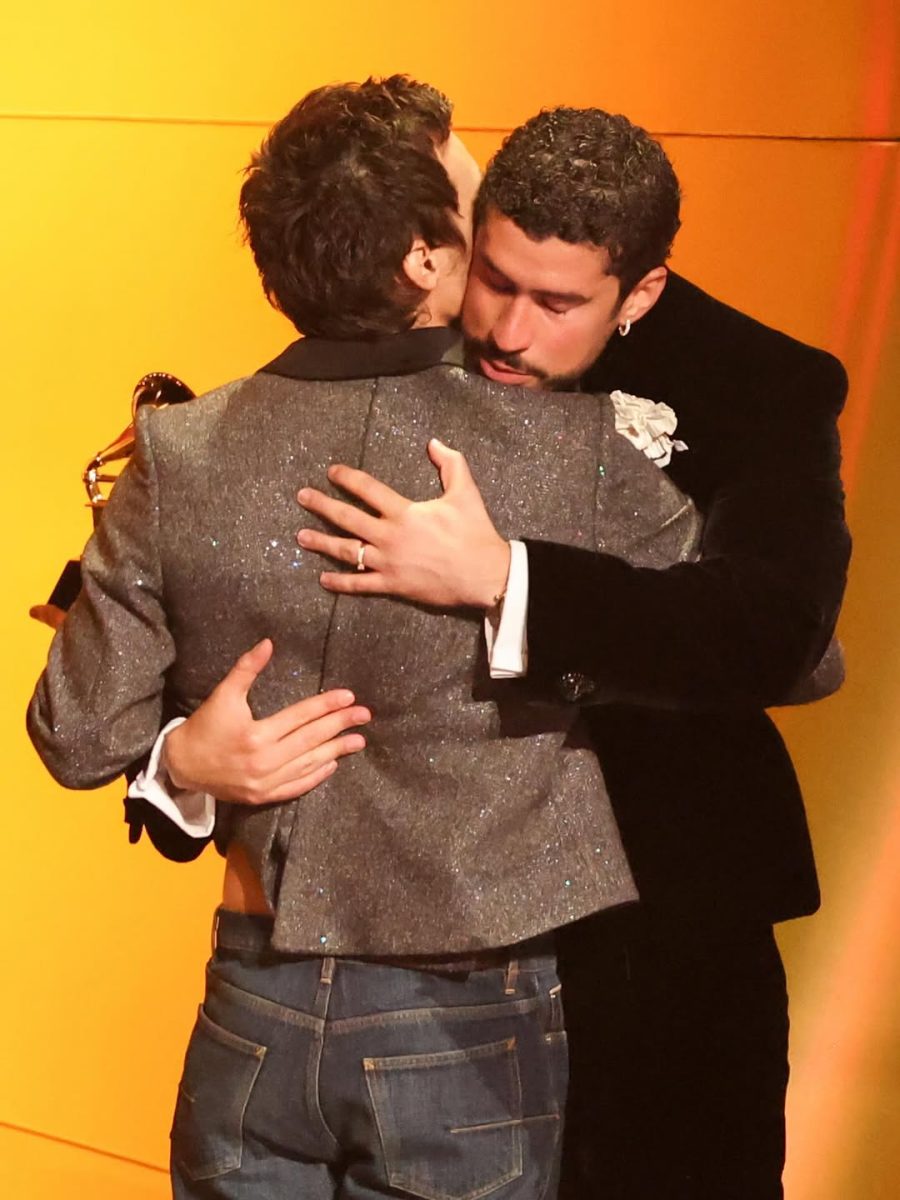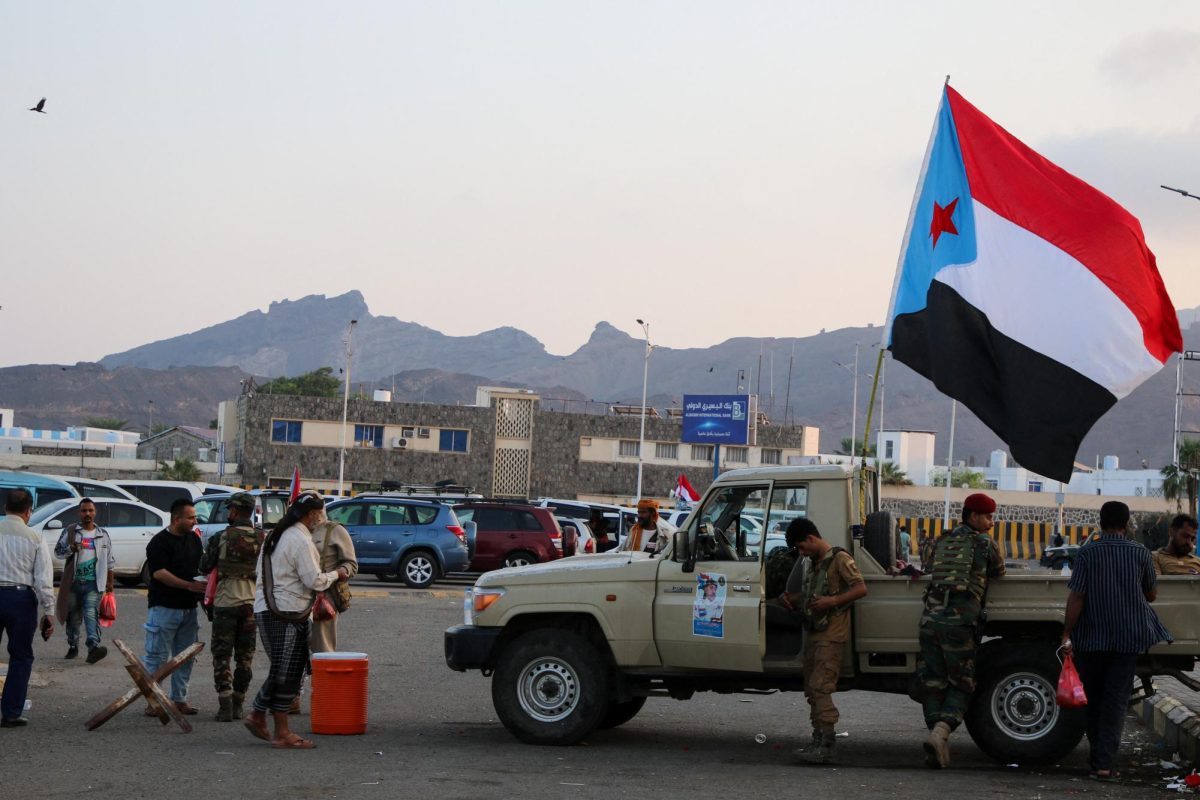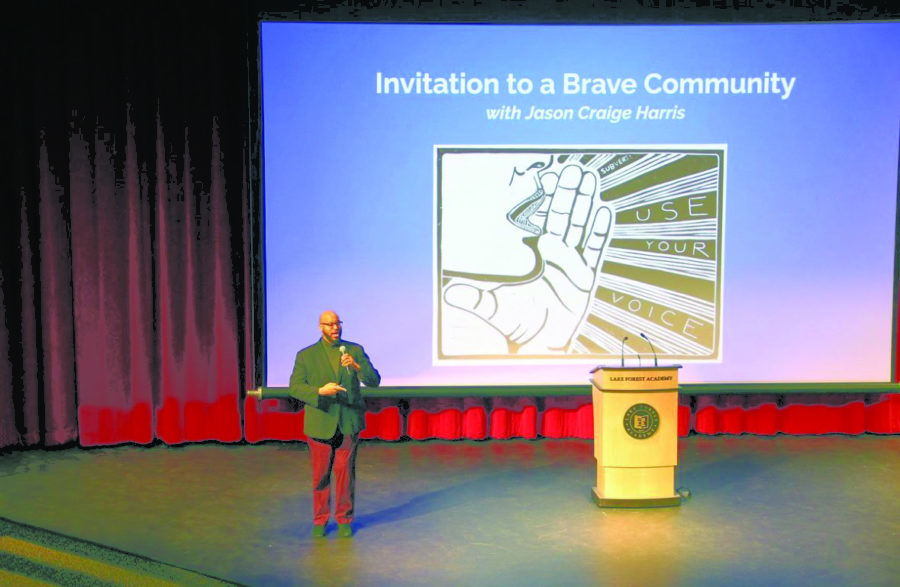LFA FIRE Conference: To Ignite Different Perspectives
March 16, 2023
“Liberty is to faction as air is to fire.” Factions, in simpler terms, represent different perspectives and views. The FIRE in LFA’s FIRE Conference shares a similar meaning: to ignite the value of expressing and respecting diverse perspectives and viewpoints in a community. The FIRE Conference was started by LFA’s Dean of Pluralism & Multicultural Affairs, Lusanda Mayikana, in 2017. FIRE stands for Fostering Intercultural Respect and Engagement. From 2017 to 2023, despite many changes in its format, the Conference continues to fulfill its initial purpose of engaging the LFA community with diverse perspectives.
The FIRE Conference was first founded in 2017 in response to a fractured and polarized election season in 2016. According to Mayikana, “there was a lot of tension on campus after the result was announced. Students were not kind to each other, in terms of just their views, and always focusing on being right.” Therefore, Mayikana organized a conference inviting students from other schools to have conversations with LFA students. She also invited speakers that can address how people tend to dwell in their own perspective, and not meet each other in the middle. The key take-away of the FIRE Conference, as Mayikana nicely put it, was to “look for ways to have conversations, even if they do disagree with each other, however being able to disagree with each other respectfully.” Mayikana believes that conflicts in views is not a bad thing because it is possible to engage conflicts in a very constructive way.
With the same goal in mind, the format of the conference had evolved over the next 6 years. The first FIRE conference took place during the long weekend in January and lasted for two days. However, despite having students from other states including Ohio and Wisconsin, the conference ended up not having enough students from the Chicago area because Chicago independent schools conduct exams after winter break. In the following years, the Conference was conducted during the long weekend in February. This time, new challenges, including some boarders going home, and some Chicago schools going on spring break during February, emerged. In 2020, the Conference was switched to a G-day Tuesday, between seasons. Holding it on a weekday, the Conference had a lot of teachers and students coming from Chicago schools. However, it became disruptive to the LFA environment as some LFA students missed classes while participating in the Conference, and the volume of people on campus was too massive.
This year, the FIRE Conference was on a Saturday, running from 9am to 3pm on February 25. Compared to the past years, this year’s Conference shifted its balance of focus from adults to students, as the student sessions were facilitated by LFA students entirely. As a result, the adults and students had separate sessions. A student session was made up of three parts. In the first part, students did ice-breakers and community norms. In the second part, students discussed and reflected about various prompts that depicted scenarios where students were being targeted. The last part was a chosen topic designed by the students who ran their sessions. Anusha Srivastava ‘23, who ran one of the student sessions, shared, “We are given freedom to be as creative as we want.” Anusha also liked having the entire Conference student-led, “When there are adults in the room, the students’ opinions shared will be more filtered. In my sessions, people were just telling stories that they wouldn’t say in front of a teacher. Students will be more comfortable around peers.”
The FIRE Conference represents the LFA community’s value of diversity and citizenship. It is an opportunity for LFA students to not only engage with ourselves, but also with students from other schools. Keeping a close connection with the local community and the outer world, despite the adaptive format, the core value of the Conference remains the same: to stay curious, humble, and respectful towards the different diverse perspectives in the world.

